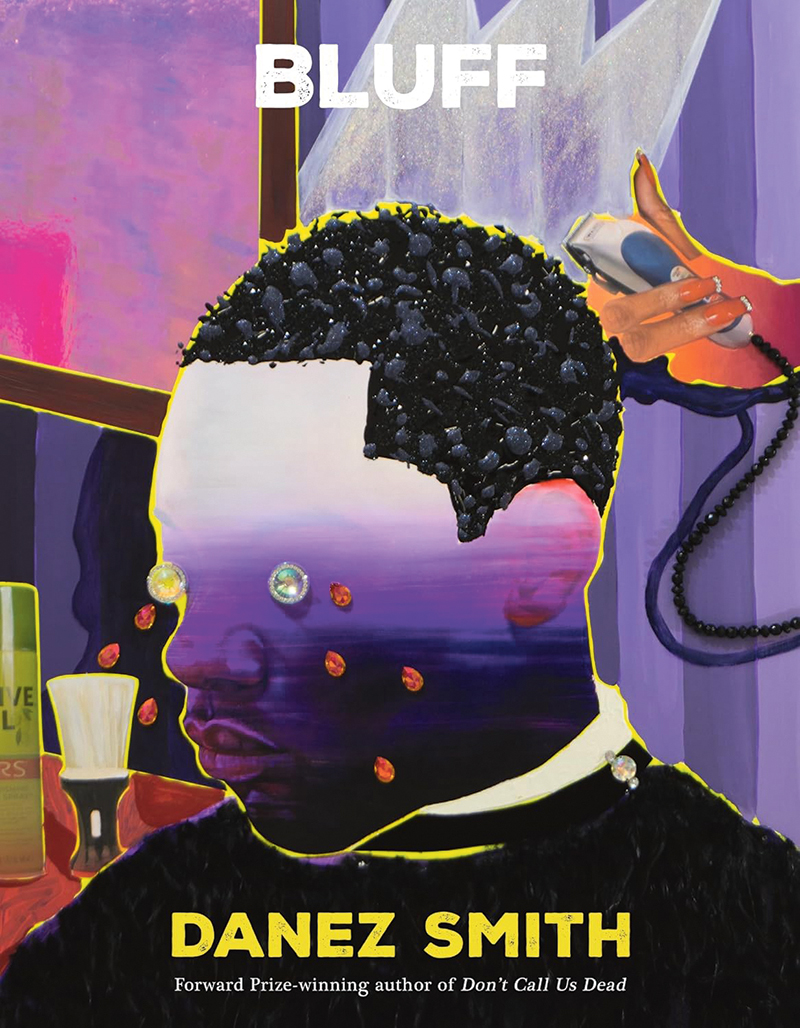Uncompromising. Devastating. Ever radical. Danez Smith’s latest poetry collection, Bluff, proliferates with defiant imaginaries. Their heady verse speaks to the ordinary horror of our times – through survival, rage and longing.
These poems are a homecoming, constellating around Minneapolis, Smith’s home town, in the wake of the protests following the murder of George Floyd. Smith homes in on the brutal foundations of American society, entwined with the US government’s imperial wickedness, our environmental crisis and the violence continually meted upon Black people.
Get the latest news and insight into how the Big Issue magazine is made by signing up for the Inside Big Issue newsletter
They also interrogate their own responsibility as a poet, in the face of the establishment. The poem less hope indicts how: “they clapped at my eulogies. they said, encore, encore. / we wanted to stop being killed & they thanked me for beauty / &, pitifully, i loved them”. Smith scrutinises the complicity that capitalism demands of us – stating in METRO: “whose slow dying was required so i could sweet home?”.
- Top 5 books to inspire you to write poetry, selected by The Poetry Pharmacy’s Deborah Alma
- C+nto & Othered Poems, Joelle Taylor: Navigates private unarticulated moments
Smith’s writing maps boundaries of power and resistance in grids, collages and word-stores. Their poem rondo figures the pain of Minneapolis’s historic Black neighbourhood, Rondo, when officials imposed an interstate that physically divided the community in two – a black road cleaves pages of the text.
Throughout this collection, Smith unpacks the complex contradictions of what utopia and sanctuary mean to co-existing communities, especially for themself as a queer, non-binary person. In soon, they question: “what is my eden? is it mine? is our eden the same as mine?”. Smith tenders a heaven from the hell with their words, offering visions of a softer future for Black people, existing beyond state harm. Their poems are a manifesto for blessed resistance. As Smith utters: ‘‘somewhere my children can write poems about being. / without protest, their songs full of stars”.










